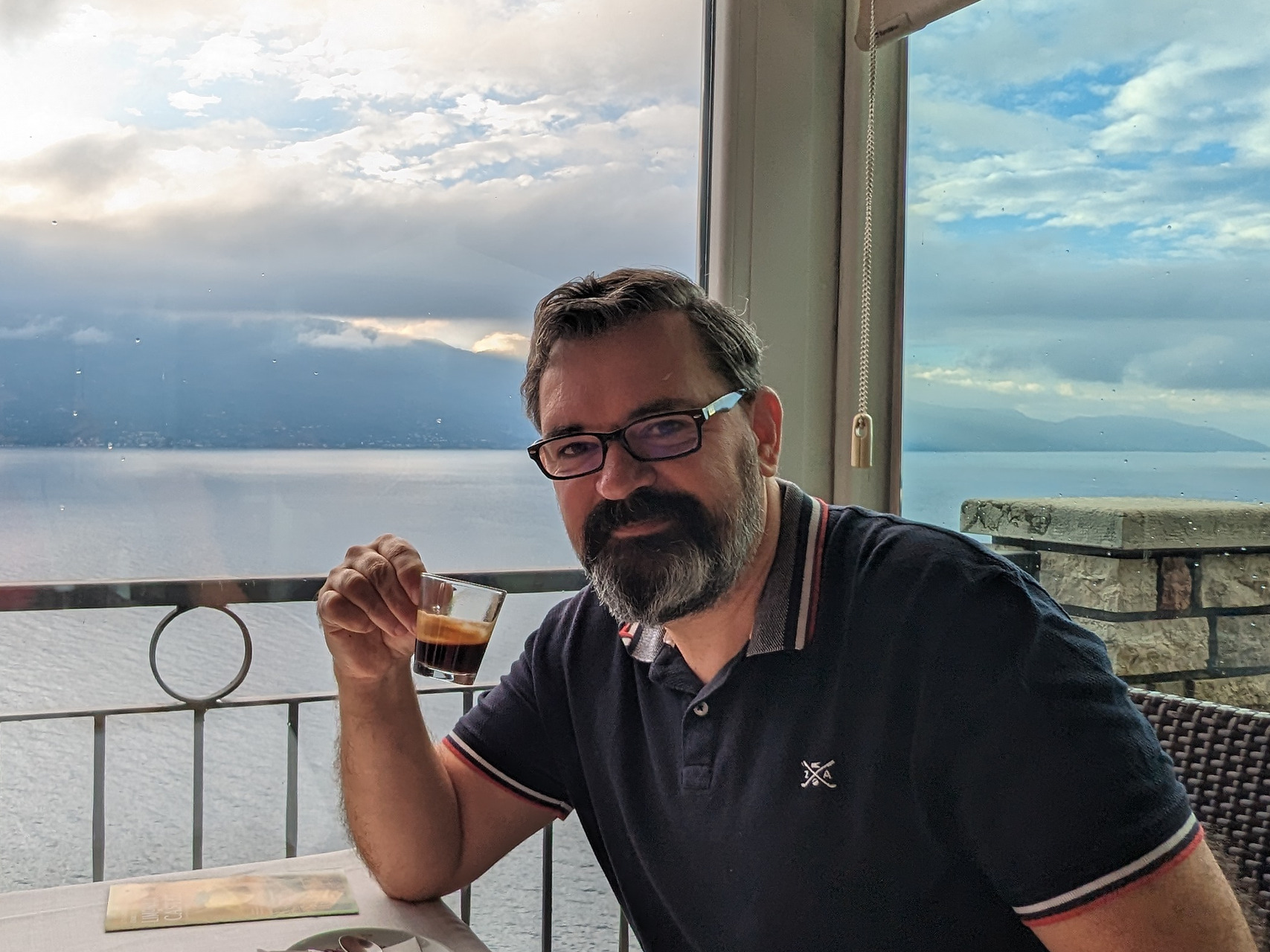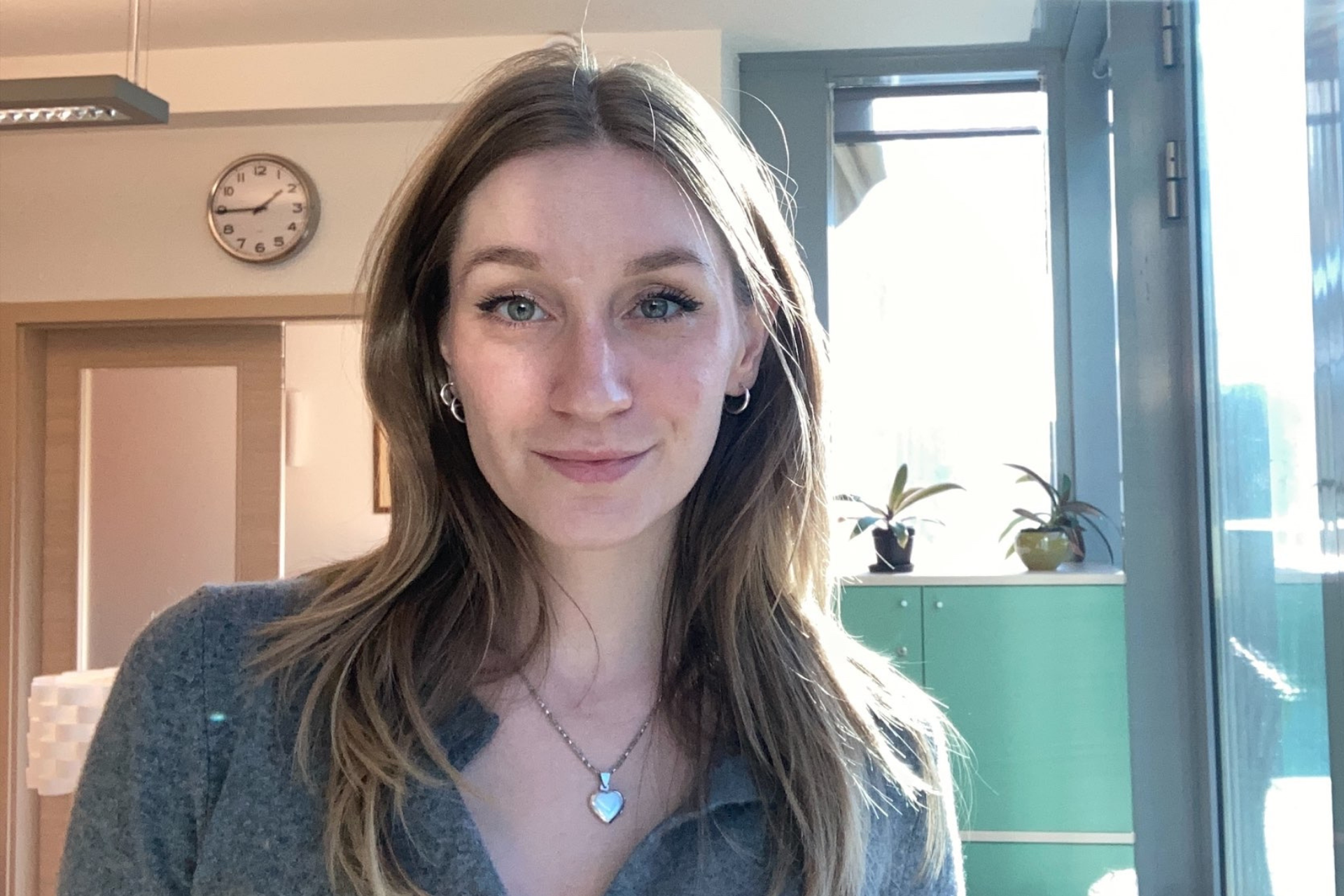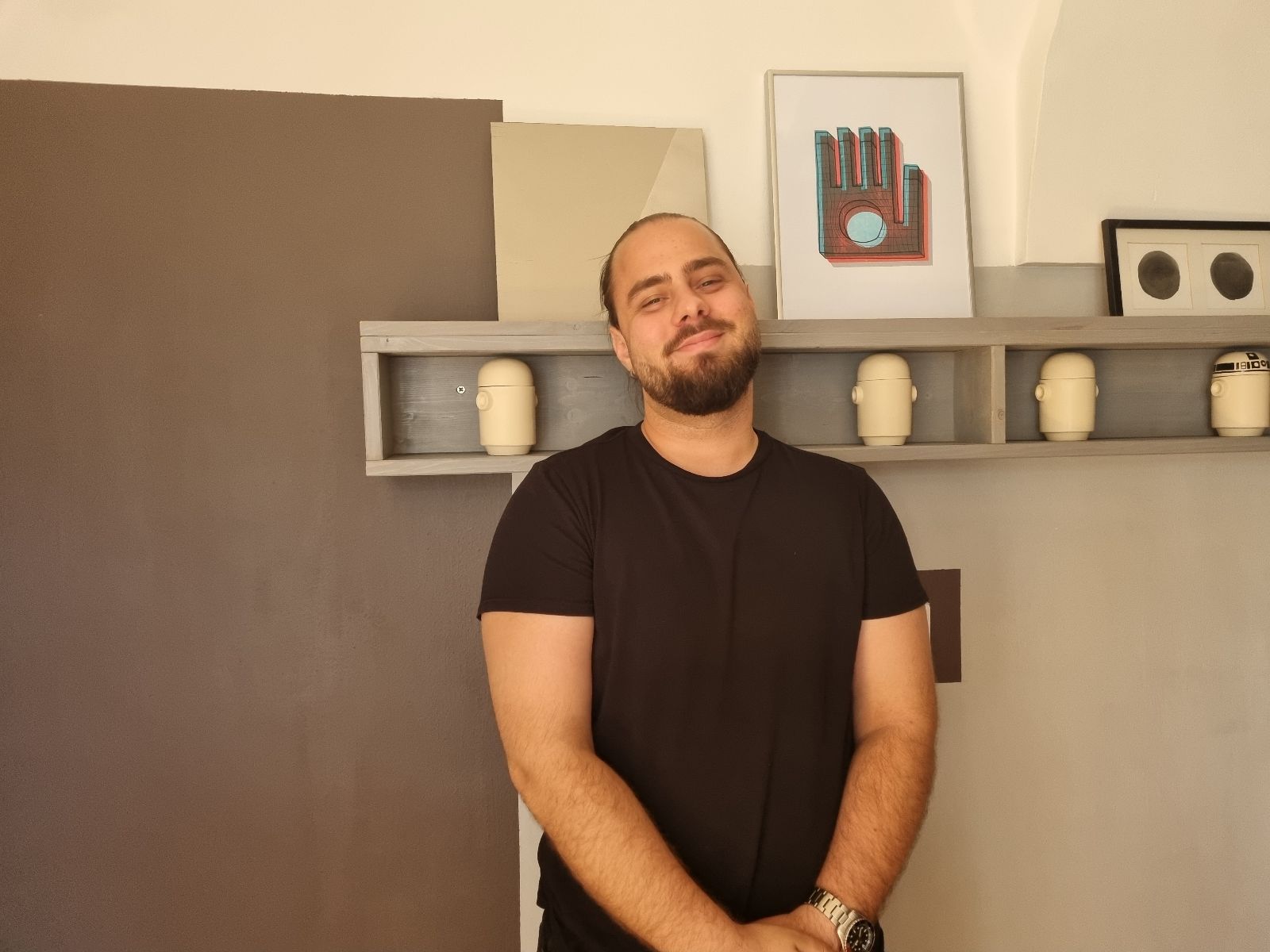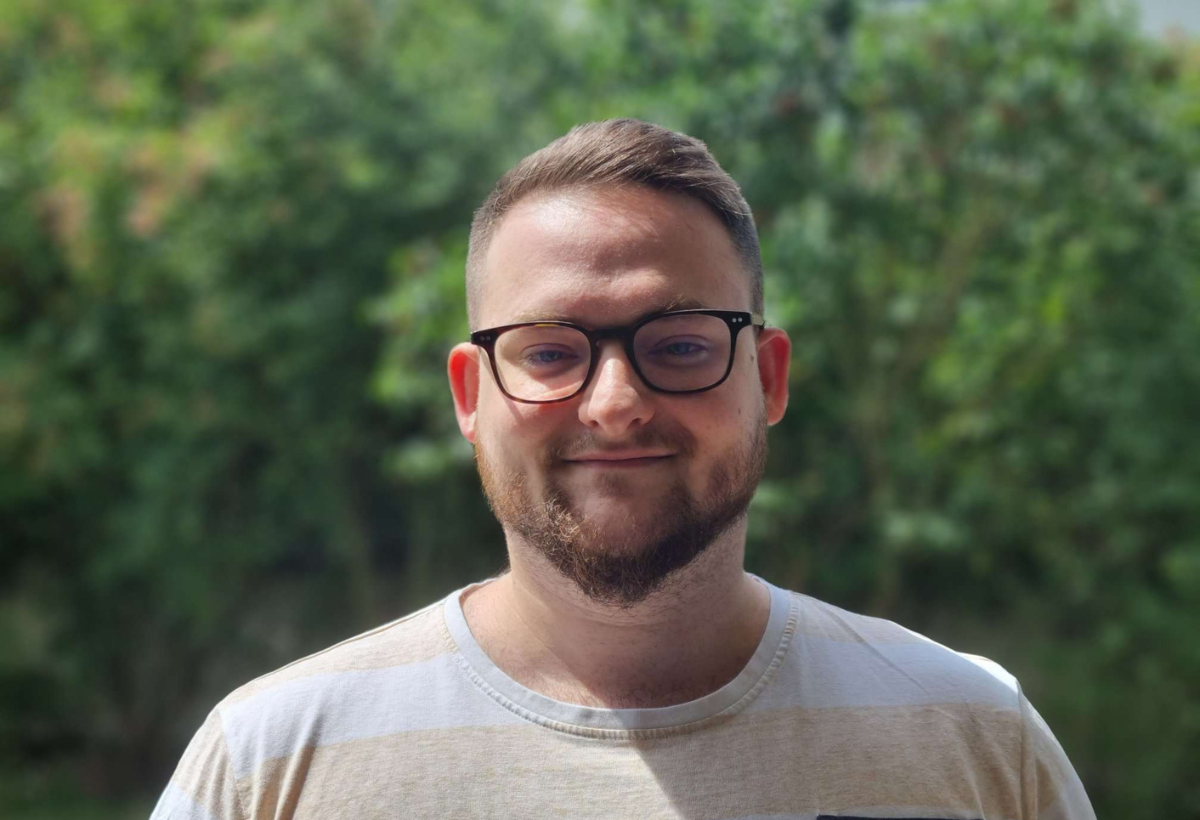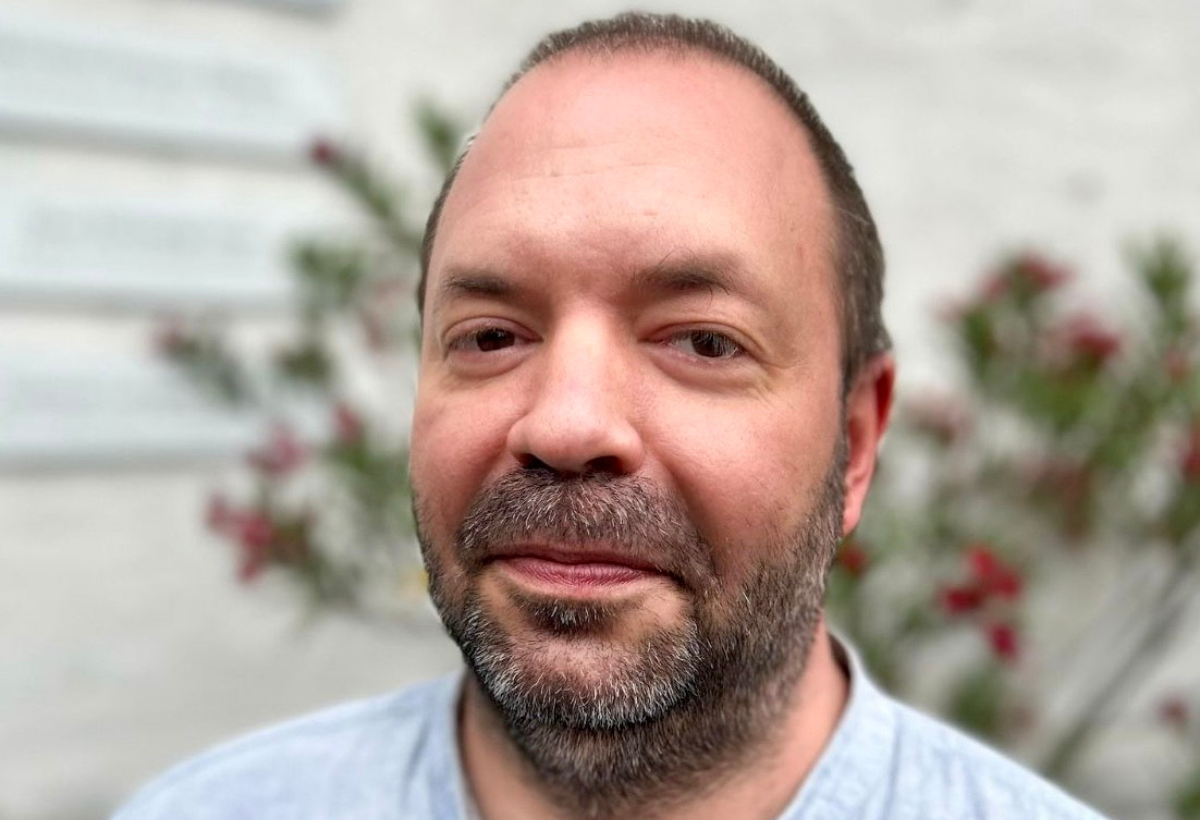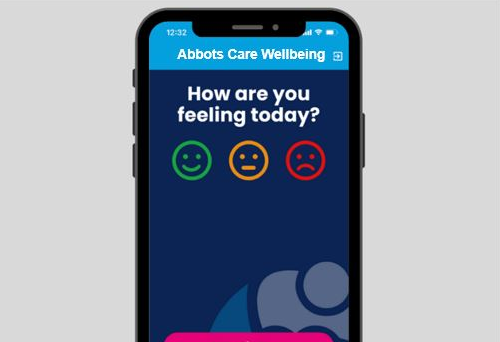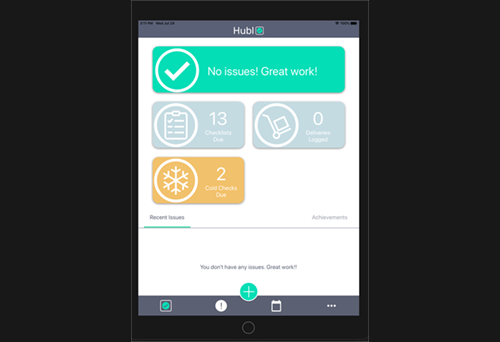Oct 19, 2023
Colleague Chronicles: Gábor Tóth, Team Lead

Since when have you been working at the company, in what role, and what projects are you currently involved in?
I've been working at the company since 2006, in the roles of Team Lead and Lead Developer. Currently, we are working on multiple projects. We work for the American Blackhawk company's English subsidiary, and they have a telecom division, and we work on various projects for them. For example, we work on various telco projects, and a major UK hotel chain’s projects. That's the English side of things, and here in Hungary, we also provide support for a Hungarian government website, and its related subsites.
How do you manage all these different projects? Is it the same team working on all of them, or do you work with different teams?
We have one team working with the English projects and another team working on the Hungarian one. This currently contains one person and me. The core English team consists of 5 members, but over the past year, we've expanded the team due to various developments, so it now ranges from 6 to 8 members.
For all these projects, do you use different technologies, or do you use the same ones?
We use the same technologies for all these projects, and we try to standardize the tools and technologies across the board. This way, if a developer needs to work on a different project, they already have familiarity with the tools and technologies.
Do all these projects run concurrently, with your active involvement in each of them?
These are long-running projects. For example, the telco project has been running since 2009, and the hotel chain’s project since 2012. We have day-to-day operations where we fix issues and address various tasks. In addition to support, there are occasional developments. These are usually short-term, lasting 1-2 weeks at most. Larger, multi-month developments are less frequent.
Could you provide more details about the technologies you use?
We are a Java team, so we primarily use that, specifically Java 11. We also use Liferay, which is a portal solution built on Java, offering many features, and we build on top of it. We use Apache Tomcat as the server and other technologies like Spring, ASP, Stats 2, and several smaller frameworks.
In your opinion, what is the most important skill for a good project manager or lead developer?
I became a lead because I started as a developer and was the best in my field, so I was trusted to lead the team. So, I'm not primarily a project manager; I grew into this role.Its advantageous because I come from a technical background, so I understand what needs to be done in the projects.
What does your typical day look like, and what are the common tasks you do every day?
We have daily stand-up meetings, both with the Hungarian team and with our English colleagues. The Hungarian stand-up is more informal because it's just among ourselves. The English stand-up includes bosses from the English side, business analysts. After that, we work non-stop.
What has been the biggest challenge you've faced in recent years?
The biggest project that gave us a hard time was when we transitioned the telco project from Liferay version 6 to 7. This transition coincided with a significant technological change in Liferay, which we had to adapt to.
And what are you most proud of?
I'm proud of the same project because we started it in 2009, and it's still running. The company had a lot of requests and ideas that we incorporated, but we set up the foundation so well initially that we didn't need to completely rewrite the system.
You've been with the company for a long time. Why have you stayed with this company for so long?
The office is conveniently located, and there is a good atmosphere when people come into the office. Additionally, in the UK, there are no developers; only our Hungarian team is there, so we have freedom in deciding what ways and tools we would like to use for the development process.
Why would you recommend this company to others?
The company provides job security, as most projects have been running for many years and are expected to continue. You don't have to constantly switch from one project to another. As a result, the projects are more stable, and you don't have to rush excessively to meet deadlines.
Most popular
-
Jun 14, 2016
P92 Sponsored IMA Drinks Reception at PayExpo
-
Dec 10, 2015
P92 Attended IMA Europe December Meeting in Bruges
Latest blogs
-
Feb 1, 2024
Colleague Chronicles: Zoltán Seres, Project Lead
-
Nov 24, 2023
Colleague Chronicles: Anna Uhrinyi, Manager Assistant
-
Oct 19, 2023
Colleague Chronicles: Gábor Tóth, Team Lead
-
Sep 8, 2023
Colleague Chronicles: Levente Soóky, Full Stack Developer
-
Aug 2, 2023
Colleague Chronicles: Richárd Rőfi, DevOps intern
-
Jun 30, 2023
Colleague Chronicles: Lajos Marton, Team Lead
-
Jun 1, 2023
Toll Management System
-
Jun 8, 2021
Staff Wellbeing App for an award-winning UK based Quality Home Care & Support Services Provider
-
Oct 15, 2020
Business Gifting Web App for Motivates Inc
-
Oct 15, 2020
Food Safety Workplace Tablet App



